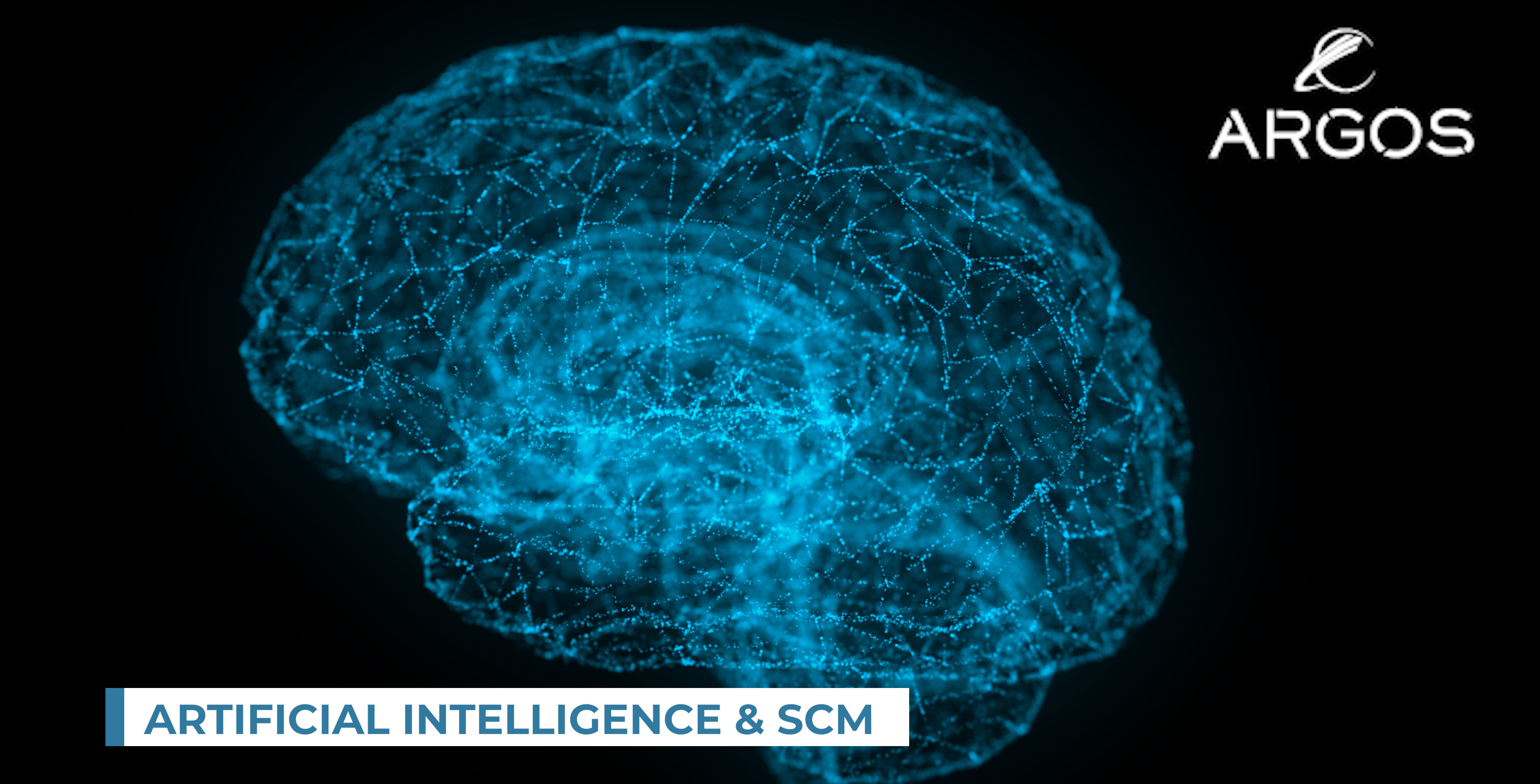
03 Oct Artificial Intelligence and Supply Chain Management: how close are we?
Artificial Intelligence and Supply Chain Management: how close are we?
New technologies bring up new buzz words, most of the times misused and overused. Due to the interest in Artificial Intelligence, many companies are eager to apply the term “AI” in their portfolios. There is a good article by Gordon Benzie that lists 20 things to know about Artificial Intelligence – we list 10 topics that provide a good premise for a more focused approach when it comes to AI as it applies to supply chain management.
- AI is not a specific single technology – it is best described as a loosely defined term that can refer to several technologies operating together, including Machine Learning, Algorithms, Natural Language Processing, Neural Networks and Deep Learning. One example of a sales productivity measurement application that leverages AI is Prodoscore, which uses the combination of the first three technologies (Machine Learning, Algorithms, Natural Language Processing) to visualize productivity improvements.
- AI is driving new tools and practices – concepts that were nearly impossible to conceive until within the last year or two, including its use in anomaly detection, cybersecurity, securities trading, medical diagnostics, customer satisfaction and in DNA sequences classification, just to name a few.
- AI functions best and has its greatest impact when technologies are narrowly focused on well-scoped problems.
- AI can be embedded in business process – helping to bring surprising insights to light. Firms in the insurance industry (one example is GEICO) have made significant strides through the application of machine learning into production processes.
- AI is one of the Top 5 Investment Priorities for CIOs today
- Researchers predict AI will create net new jobs starting in 2020 – it is expected that by this year, AI will break through the threshold of generating more jobs that it takes away. The next job gain / (loss) from AI by 2025 is forecast to exceed 2 million net-new jobs.
- The Impact on AI will be wide in scope – it is forecast that by 2022, one in five workers engaged in mostly nonroutine tasks will rely on AI to do their jobs.
- AI-enabled decision support is the greatest contributor to business value creation – this capability already overshadows AI process automation and is expected to continue to do so over the next 10 years.
- AI will ultimately have an increasing role in industries with worker shortages – as a strategy to amplify knowledge in situations where workers are limited. Human expertise and skills are a major limiting factor for AI, given its reliance upon acquiring knowledge from those who understand a topic, or the processes required to complete a task. With no one or no data to “learn” from, AI will stumble. But, once AI has been launched and knowledge baselines have been attained, then AI can greatly improve productivity.
- Fusing AI and IoT technologies will lead to significant new opportunities – this combination has the potential to catalyze new digital value creation.
Source: ARC Advisory Group


No Comments